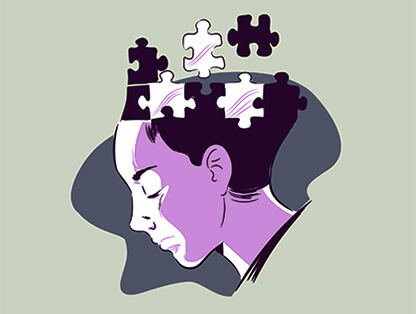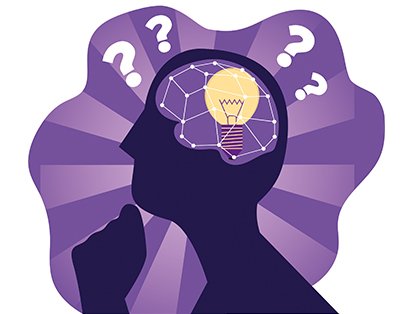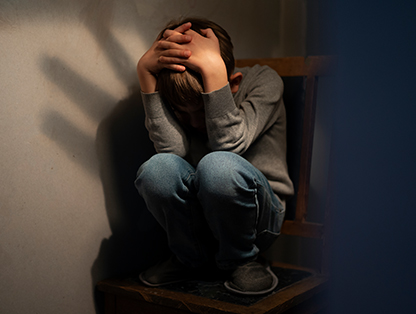I have been able to laugh and see the funny side of things
I have looked forward with enjoyment to things
I have blamed myself unnecessarily when things went wrong
I have been anxious or worried for no good reason
I have felt scared or panicky for no very good reason
Things have been getting on top of me
I have been so unhappy that I have had difficulty sleeping
I have felt sad or miserable
I have been so unhappy that I have been crying
The thought of harming myself has occurred to me















